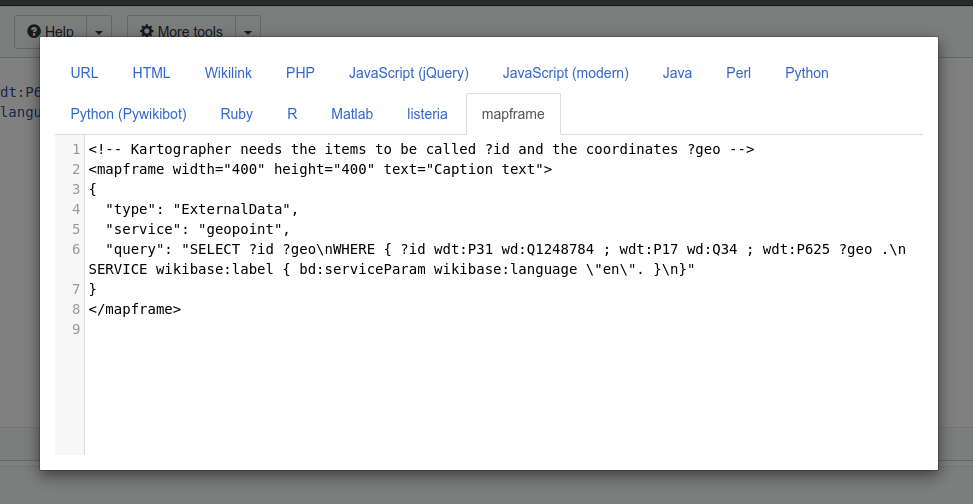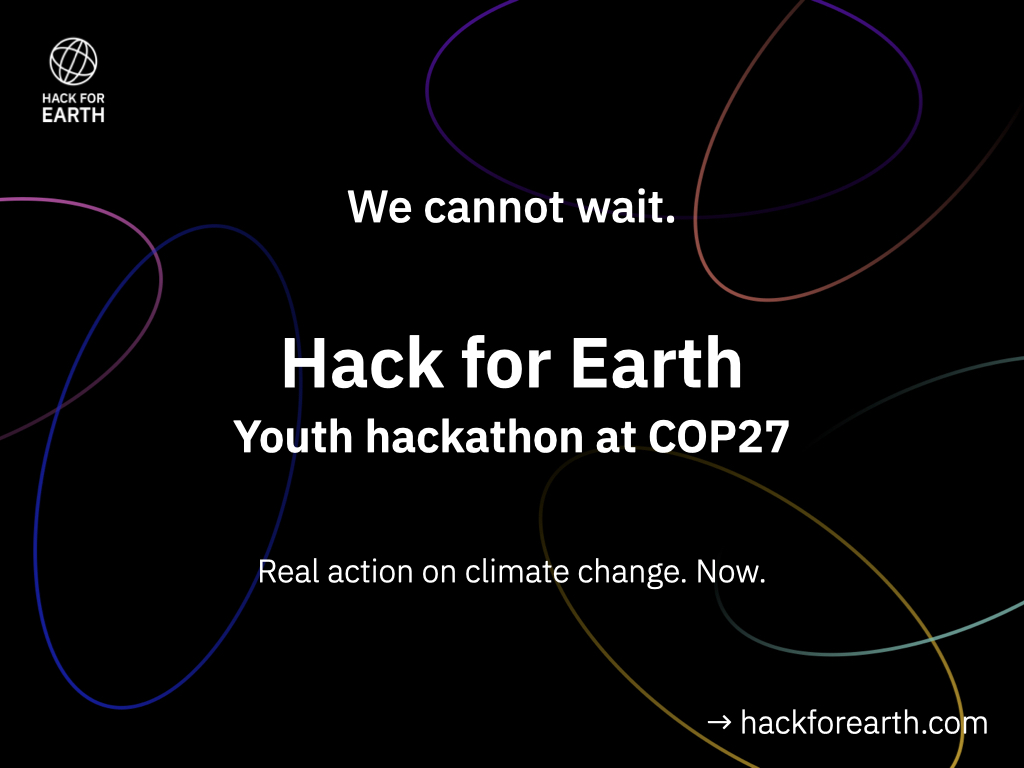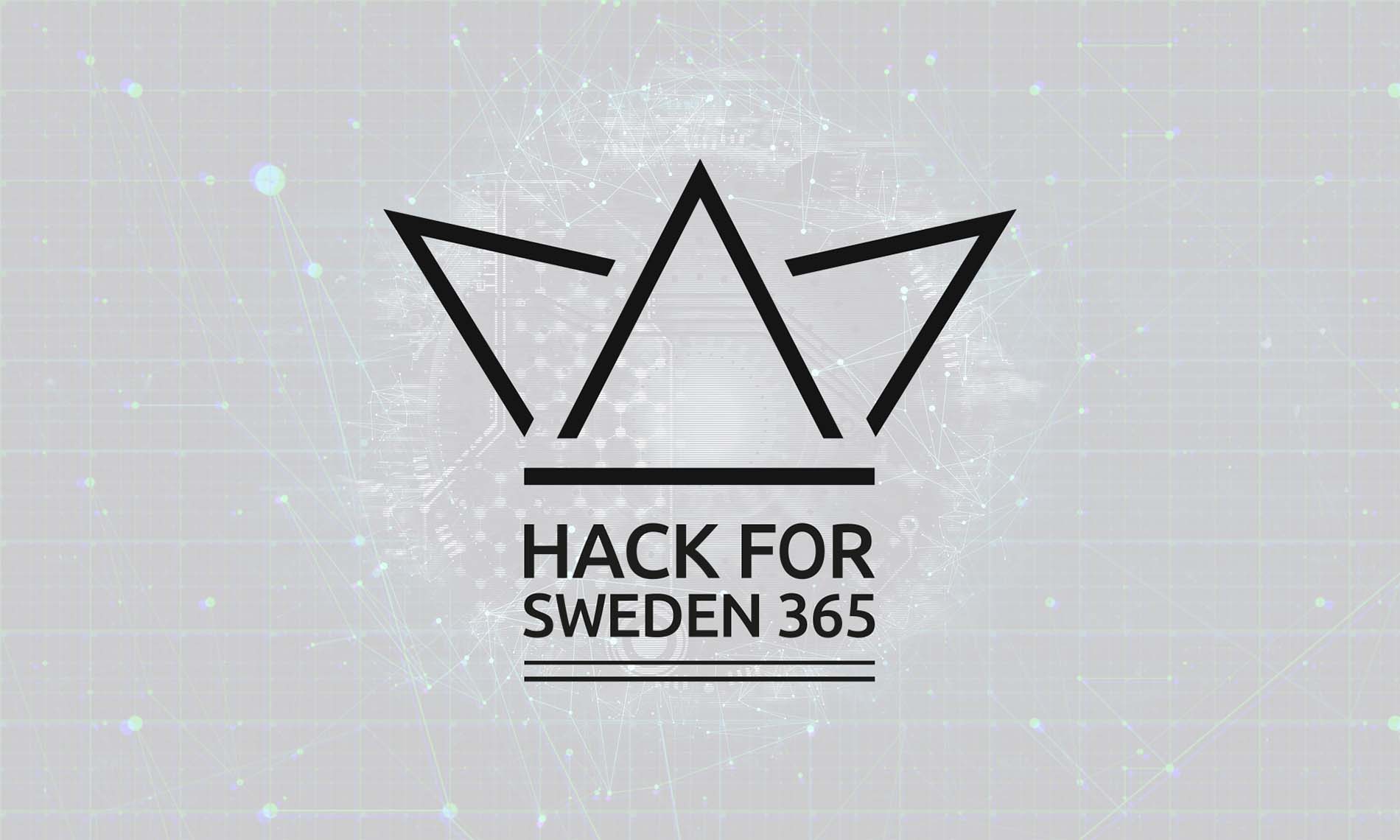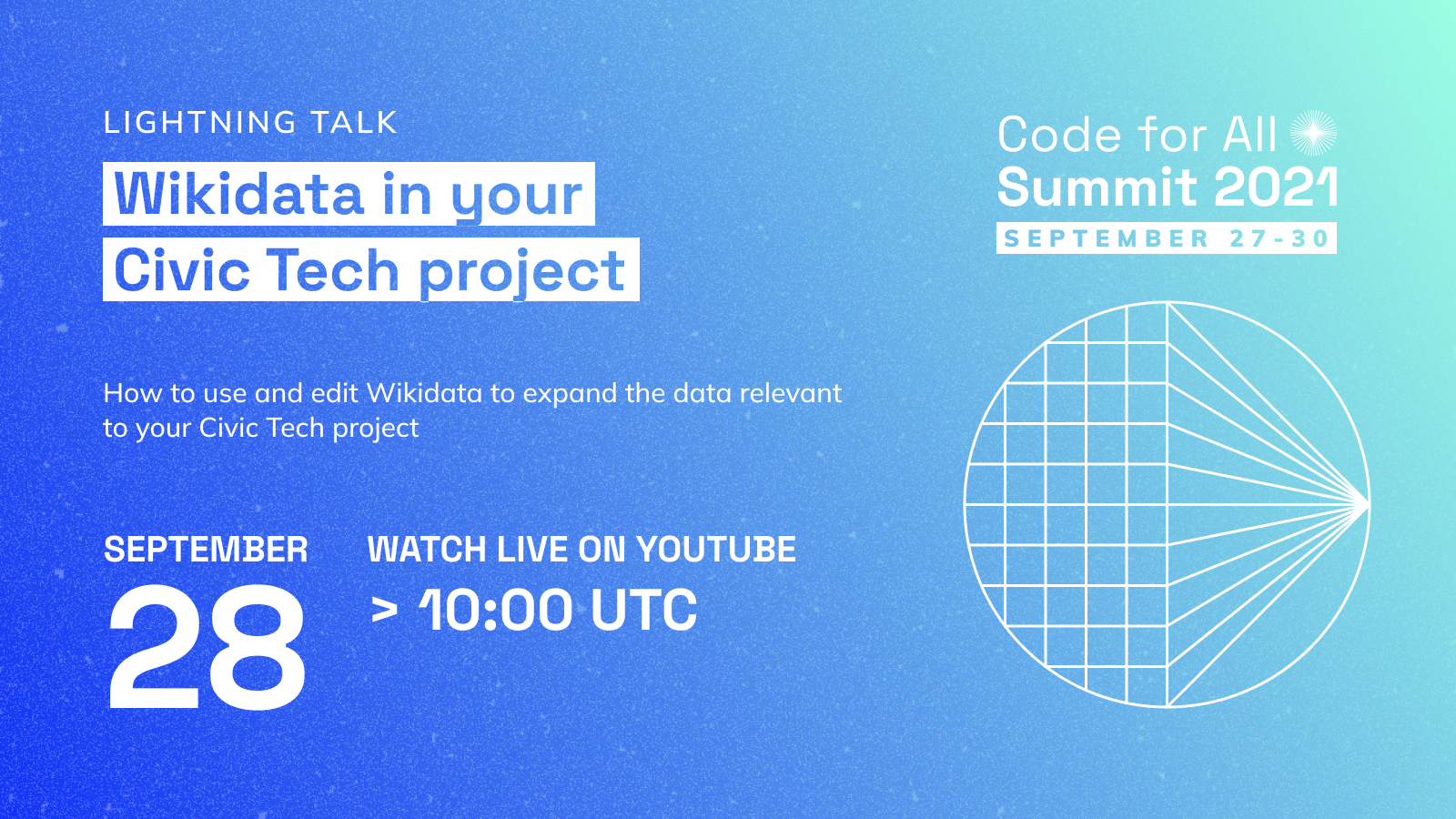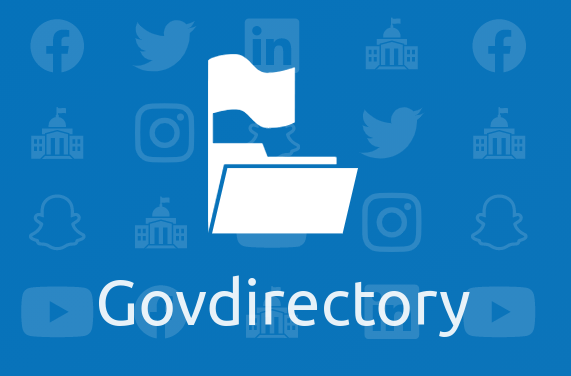A few days ago I was guest appearing in the podcast Sustain OSS. It was an energizing conversation with Richard Littauer and Justin Dorfman, and we honestly probably could have continued for several hours. We mostly discussed my work at the Foundation for Public Code and the Standard for Public Code we have developed and that I work on, and with, daily. But we also got into talking about Wikipedia, the movement and some of the bot creation initiatives we have seen.
I really enjoyed the conversation and hope I get the chance to speak with them again sometime. As they are deep in the know of the field of work, they asked just the right questions that we are also thinking about which made this more than just a shallow presentation of who we are. I guess the only thing we really didn’t get into much is how we are funded which is possibly not the most interesting conversation for everyone, but as a non-profit working for the common good is something we are always eager to explore. That being said, I think that the conversation will give anyone who listens to it a better sense of what I do at work and why I am passionate about it.
From a podcast producer point of view, I was also impressed by the process they applied. All the way from getting in contact, having guiding documents, gathering information needed for the shownotes to checklists for the recording, it was a great experience as a guest. I guess the only downside was that very few of the tools they used (that I saw) were open source solutions. Now, for remote multitrack recording, there aren’t many alternatives, that is something I am also sadly aware of, but for simple collaborative document editing there are plenty of options. If some of those services are switched, it will be an even more pleasant experience to be a guest in the future!

